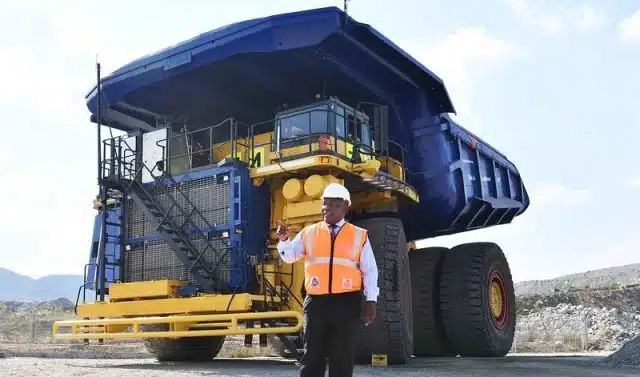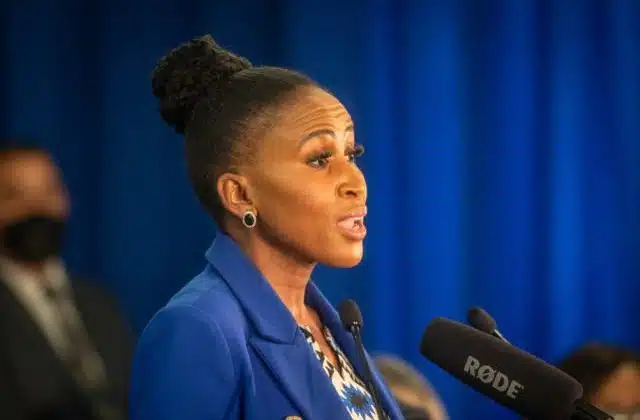
Government’s plan to get people off the R350 grant
The Department of Social Development says that it is working with other government departments to try and find work opportunities for South Africans who are still on or no longer qualify for the R350 social relief distress grant (SRD).
Responding in a written parliamentary Q&A, social development minister Lindiwe Zulu said that her department has been allocated a budget that can accommodate approximately 10.5 million SRD beneficiaries in the 2022/23 financial year.
However, this is fewer people than the grant could support previously, with some MPs pointing to a shortfall of 500,000 people.
Zulu said that National Treasury has made an additional budget allocation to various government departments to create much-needed job opportunities, which her department and Sassa are looking to leverage, to assist recipients.
“Currently, Sassa is in the process of establishing a data-sharing relationship with the Departments of Public Works and Infrastructure and Employment and Labour with the goal of assisting Covid-19 SRD recipients to gain access to employment opportunities.
“Furthermore, the department has finalised a framework on linking social protection beneficiaries to sustainable livelihoods initiatives, with the view to provide skills targeting the unemployed and those on the SRD database to enhance chances of employment,” she said.
Through this programme, the department and its entities and working development agencies will provide skill development that has the potential to generate income and create employment opportunities.
“These measures are intended to provide for those who cannot be accommodated through the social grants or the Special Covid-19 SRD Grant and to channel them into more sustainable jobs and other economic activities,” she said.
President Cyril Ramaphosa extended the duration of South Africa’s R350 social relief of distress grant in February 2022. The grant will continue until the end of March 2023.
Basic income grant
The department’s push to support grant recipients who no longer qualify for the R350 SRD grant comes as lawmakers start setting the stage for the grant to become a more permanent fixture in the state’s budget.
Delegates at the ANC’s recent policy conference backed a basic income grant for South Africa, with discussion documents ahead of the meeting pegging the value at R350. The party also wants a wealth tax on the top 5% of earners to pay for the grant.
Ahead of the conference, the ANC’s subcommittee on social transformation proposed that the country formally introduce a basic income grant of R350 – the price-point used over the last two years for the social distress relief grant (SDR) doled out to assist those with no income during the Covid pandemic.
Beyond Covid-19, the subcommittee said the grant can be extended and expanded as a basic income grant to address socio-economic inequalities across the country that affect the most vulnerable in society.
According to analysts, the question of the basic income grant was never if, but when – with the real concern being how it will be funded.
A new research report published by Intellidex in partnership with South African business groups outlined the cost and funding complications of a basic income grant in South Africa.
The group warned that if a basic income grant was introduced at an unaffordable level it could lead to further strain on the economy and cause knock-on effects that cause harm to all – including the people such a grant purports to aid.
At R350 a month, the cost of the grant would range from R27 billion if offered to original SRD recipients to R252 billion if offered to everyone in the country (universal grant).
With the ANC’s proposal, the cost would fall around R73 billion, according to 2021 estimations.



